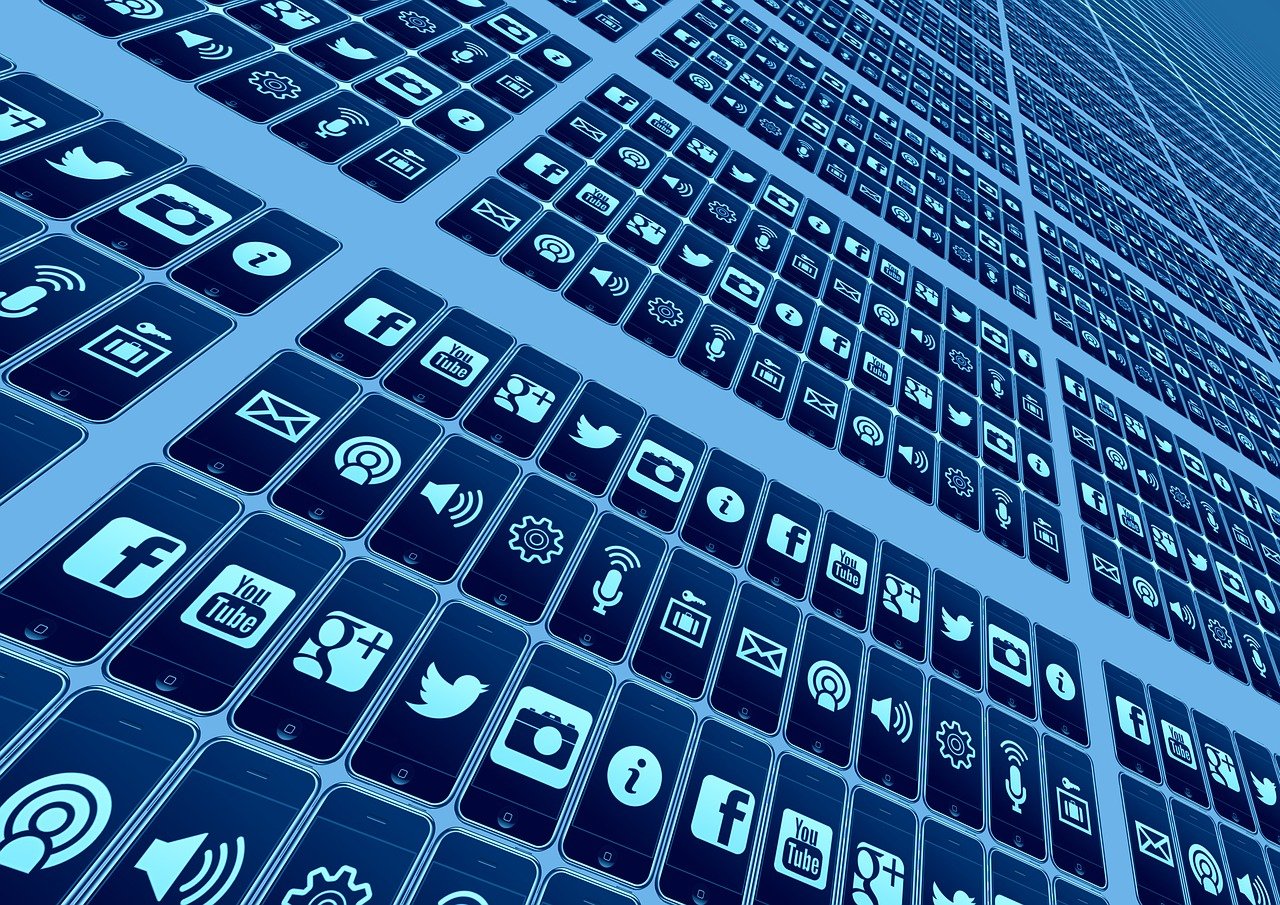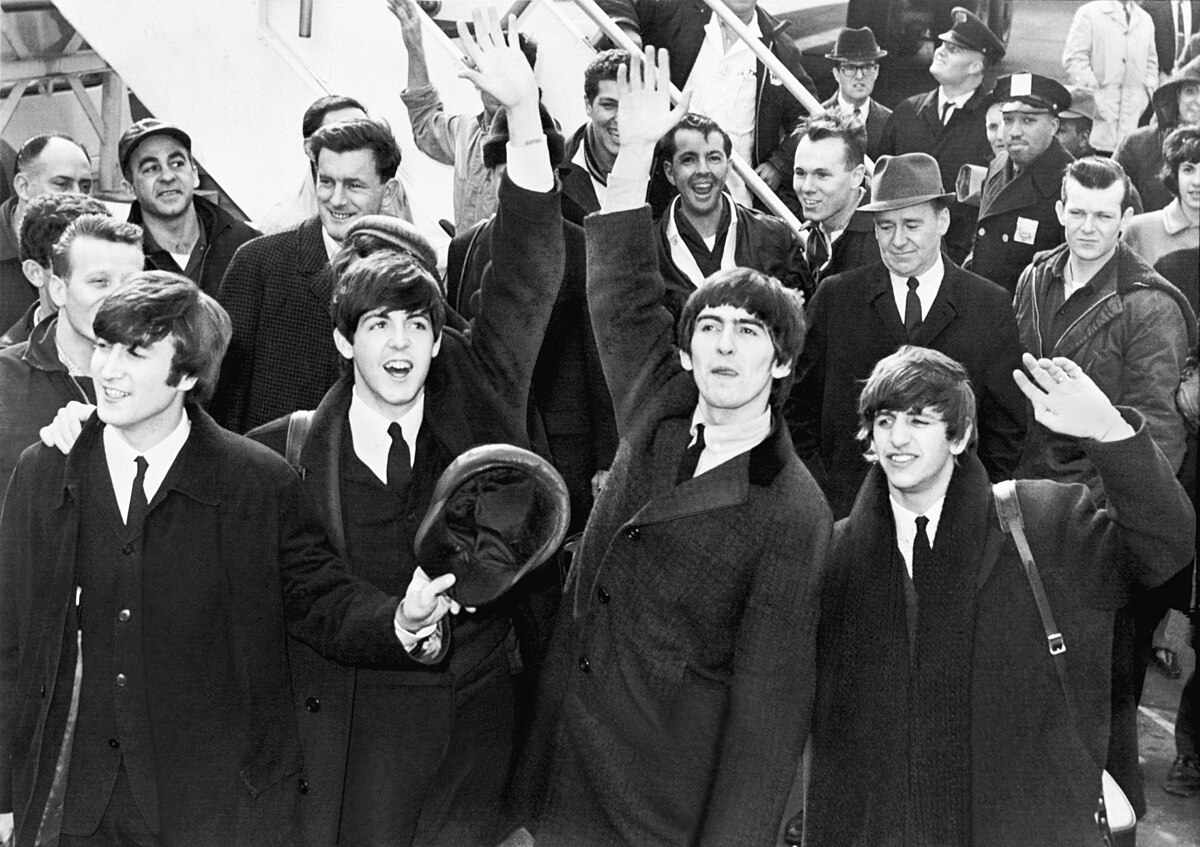 Social change, forces that change the organization and social structures of society, is happening rapidly all around us. COVID-19 alone was instrumental in a myriad of temporary and permanent changes. Some of these changes have been the result of job loss and business closings. While many are hopeful that these jobs will return, some businesses are looking to permanently replace their employees with technology, tools created by science to address and solve the problems of humankind, such as robots that can flip burgers or shopping carts that can do the work of the cashier. The drive to replace humans with artificial technology is not new. Long before COVID-19, some coffee shops were testing robots to replace baristas. The use of robots and artificial intelligence is not limited to customer service jobs. AI expert Kai-Fu Lee estimates that within 15 years, robots or AI could replace 40 percent of all jobs. While there is no guarantee that this future will happen, let’s take a moment to imagine the world under these conditions through the sociological lens.
Social change, forces that change the organization and social structures of society, is happening rapidly all around us. COVID-19 alone was instrumental in a myriad of temporary and permanent changes. Some of these changes have been the result of job loss and business closings. While many are hopeful that these jobs will return, some businesses are looking to permanently replace their employees with technology, tools created by science to address and solve the problems of humankind, such as robots that can flip burgers or shopping carts that can do the work of the cashier. The drive to replace humans with artificial technology is not new. Long before COVID-19, some coffee shops were testing robots to replace baristas. The use of robots and artificial intelligence is not limited to customer service jobs. AI expert Kai-Fu Lee estimates that within 15 years, robots or AI could replace 40 percent of all jobs. While there is no guarantee that this future will happen, let’s take a moment to imagine the world under these conditions through the sociological lens.
 First, consider our system of social stratification, a system in which categories of people are ranked in a hierarchy, in this possible new normal. The social classes, a category of people with similar status, culture, and wealth, will become more divided, and the gulf between the haves and have-nots will become even more impossible to overcome. However, social classes are more than categories of people in the abstract. They are made up of individuals and families, a group of people connected by blood, marriage, adoption, or agreed-upon relationship. A society in which millions are out of work will mean that families of orientation, the family in which you are raised and socialized as a result of birth, adoption, or a blended family, will be struggling. It also means that families of procreation, the family you choose to create through marriage, agreed-upon relationship, or the birth or adoption of children, will be unaffordable and out of reach. As it stands, many young adults say they cannot afford to move out of their parent’s home and start a family. This leads to a world where even college-educated students boomerang back home because they cannot afford to do anything else.
First, consider our system of social stratification, a system in which categories of people are ranked in a hierarchy, in this possible new normal. The social classes, a category of people with similar status, culture, and wealth, will become more divided, and the gulf between the haves and have-nots will become even more impossible to overcome. However, social classes are more than categories of people in the abstract. They are made up of individuals and families, a group of people connected by blood, marriage, adoption, or agreed-upon relationship. A society in which millions are out of work will mean that families of orientation, the family in which you are raised and socialized as a result of birth, adoption, or a blended family, will be struggling. It also means that families of procreation, the family you choose to create through marriage, agreed-upon relationship, or the birth or adoption of children, will be unaffordable and out of reach. As it stands, many young adults say they cannot afford to move out of their parent’s home and start a family. This leads to a world where even college-educated students boomerang back home because they cannot afford to do anything else.
 So, how do we avoid this imagined future? First, as a society, we have to agree that it is not acceptable to have millions of people living below the Federal Poverty Line, a governmental standard of measurement indicating the income level of when an individual or family is designated as poor. Now, you might think that you individually don’t have a role in the Federal Poverty Line, but the fact that we haven’t had national, sustained protests over 38 million Americans living in poverty means that we are all complicit in the inequality of this nation. Next, we must acknowledge that the American Dream, a commonly held belief in the U.S. suggesting that anyone can overcome obstacles and get ahead in life through hard work and determination, is out of the reach of many without significant social support. This may be where the biggest shift will have to come. As individuals, we must be more willing to help those who do not look like or act like us. Often, more homogenous societies seem to do a better job of helping each other and working together as a group. They seem more willing to implement social safety nets so people can achieve the “Swedish Dream,” the “Japanese Dream,” or at the very least live with dignity. The long American history of dividing people based on race, religion, gender, and sexual orientation often means we are less willing to hold our hand out and help those who are not like us. Yet, a potential future with millions unemployed means we will have to help each other or end up as have-nots. In order for this society to work, we have to agree to work together. If we would make that shift and come together, we would look at the changes coming down the pipeline and ask, “What kind of future do we want, and how can we make it happen together?”
So, how do we avoid this imagined future? First, as a society, we have to agree that it is not acceptable to have millions of people living below the Federal Poverty Line, a governmental standard of measurement indicating the income level of when an individual or family is designated as poor. Now, you might think that you individually don’t have a role in the Federal Poverty Line, but the fact that we haven’t had national, sustained protests over 38 million Americans living in poverty means that we are all complicit in the inequality of this nation. Next, we must acknowledge that the American Dream, a commonly held belief in the U.S. suggesting that anyone can overcome obstacles and get ahead in life through hard work and determination, is out of the reach of many without significant social support. This may be where the biggest shift will have to come. As individuals, we must be more willing to help those who do not look like or act like us. Often, more homogenous societies seem to do a better job of helping each other and working together as a group. They seem more willing to implement social safety nets so people can achieve the “Swedish Dream,” the “Japanese Dream,” or at the very least live with dignity. The long American history of dividing people based on race, religion, gender, and sexual orientation often means we are less willing to hold our hand out and help those who are not like us. Yet, a potential future with millions unemployed means we will have to help each other or end up as have-nots. In order for this society to work, we have to agree to work together. If we would make that shift and come together, we would look at the changes coming down the pipeline and ask, “What kind of future do we want, and how can we make it happen together?”
Thompson is a co-owner of UITAC Publishing. UITAC’s mission is to provide high-quality, affordable, and socially responsible online course materials.
Images used in this blog:
- “Photograph of a Barbed Wire Fence” by David Peinado is licensed on Pexels. This image has not been altered.
- “Concept Of Covid-19 In Red Background” by Edward Jenner is licensed on Pexels. This image has not been altered.
- “Boston Dynamics Robot in a Car Factory” by Hyundai Motor Group is licensed on Pexels. This image has not been altered.
- “American flag with rolled dollar bills” by Kaboompics.com is licensed on Pexels. This image has not been altered.




